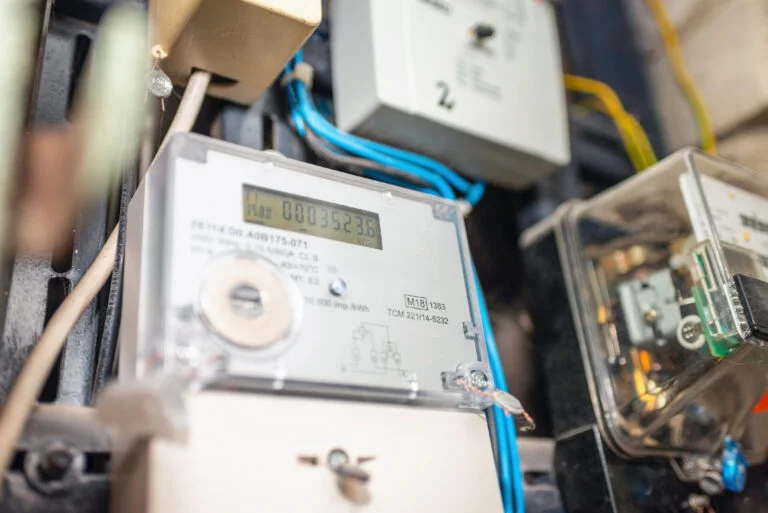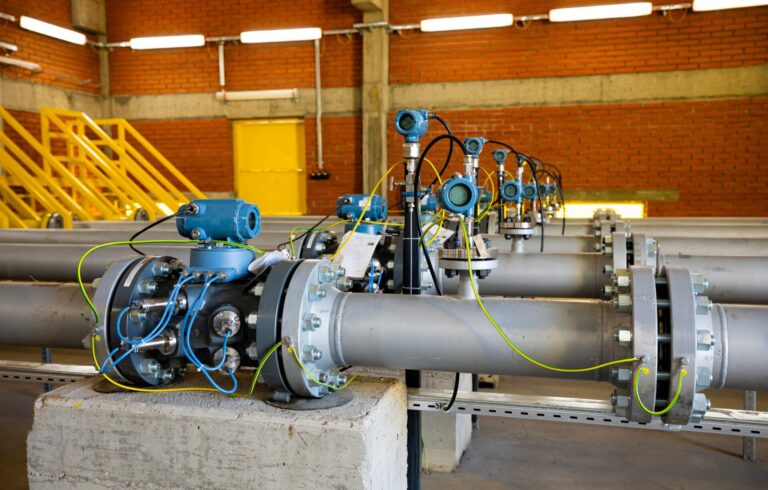As we look ahead to 2025, we’ve identified some key energy predictions that could significantly impact UK businesses. From shifts in energy policy to advancements in sustainable technology, the energy landscape is poised for transformation. These changes could impact operational costs, compliance, and create opportunities for adaptable businesses. Here are some of the most important trends to watch:
Energy Prices: Volatility and Rising Costs
Energy prices in the UK are likely to remain volatile in 2025. Although the extreme highs seen during the 2022–2023 energy crisis are expected to ease. Global factors such as geopolitical tensions across Europe and fluctuations in the fossil fuel market will continue to affect pricing in the coming year. The average electricity commodity price in 2024 was £68.28 per MWh. However, market projections for 2025 indicate that the average commodity cost is expected to rise to £85.01 per MWh. This represents an estimated 24.5% increase in costs compared to this year. When combined with rising non-commodity charges, this price hike could significantly impact businesses across the country.
What businesses need to know about rising energy costs:
Businesses reliant on fossil fuels may face higher costs as the UK transitions towards greener energy sources. Carbon pricing mechanisms and a tighter supply of fossil fuels will likely raise energy prices. However, those who invest in energy efficiency or renewable energy could potentially see substantial long-term savings and develop a greater understanding of where their money is going.
Renewable Energy: A Growing Share of the Market
By 2025, renewable energy is expected to make up close to half of the UK’s energy supply, particularly from offshore wind, solar, and green hydrogen, with the UK being the 6th largest producer of wind energy in the world. This shift will create a more stable and sustainable energy mix, but it will also introduce challenges around intermittency — when renewable generation is lower, such as during calm or cloudy periods.
What businesses need to know about renewable energy:
While renewable energy could drive down electricity prices in the long term, businesses may experience higher costs during periods of low generation. To manage this, businesses should explore on-site renewable energy generation (like solar panels) or energy storage systems to smooth out fluctuations in supply.
Market Reforms and Compliance Requirements: MHHS, ESOS, and SECR
What businesses need to know to remain compliant:
These regulations can result in harsh financial penalties if not met, but they also present unique opportunities for businesses to improve their energy efficiency and reduce operational costs. Preparing now for these requirements will help avoid last-minute compliance issues and allow businesses to benefit from energy savings.
Decarbonisation: Net Zero and Carbon Pricing
The UK government is committed to reaching carbon net-zero by 2050, which will continue to push businesses towards reducing their carbon footprint. Alongside this, carbon pricing mechanisms like the Carbon Price Floor and emissions trading schemes will drive up the costs of carbon-intensive energy.
What businesses need to know about decarbonisation:
Businesses that haven’t made strides towards decarbonisation by 2025 may face higher energy costs as carbon pricing continues to rise. Investing in energy-efficient technologies, switching to renewable energy, and reducing your business’s overall carbon expenditure will not only help businesses comply with regulations but also improve long-term cost-efficiency and sustainability.
Grid Modernisation and Innovation: A Smarter, More Flexible Future
The UK’s energy grid will continue to evolve, with advancements in grid flexibility, energy storage, and renewable integration. By 2025, businesses will benefit from a more reliable and flexible grid, which will allow for better management of energy consumption.
What businesses need to know about the grid:
As the grid becomes more modern and flexible, businesses will have more options for optimising energy use. Investments in energy storage systems, such as batteries, or taking part in grid-balancing initiatives will provide businesses with opportunities to reduce costs and increase energy resilience.






